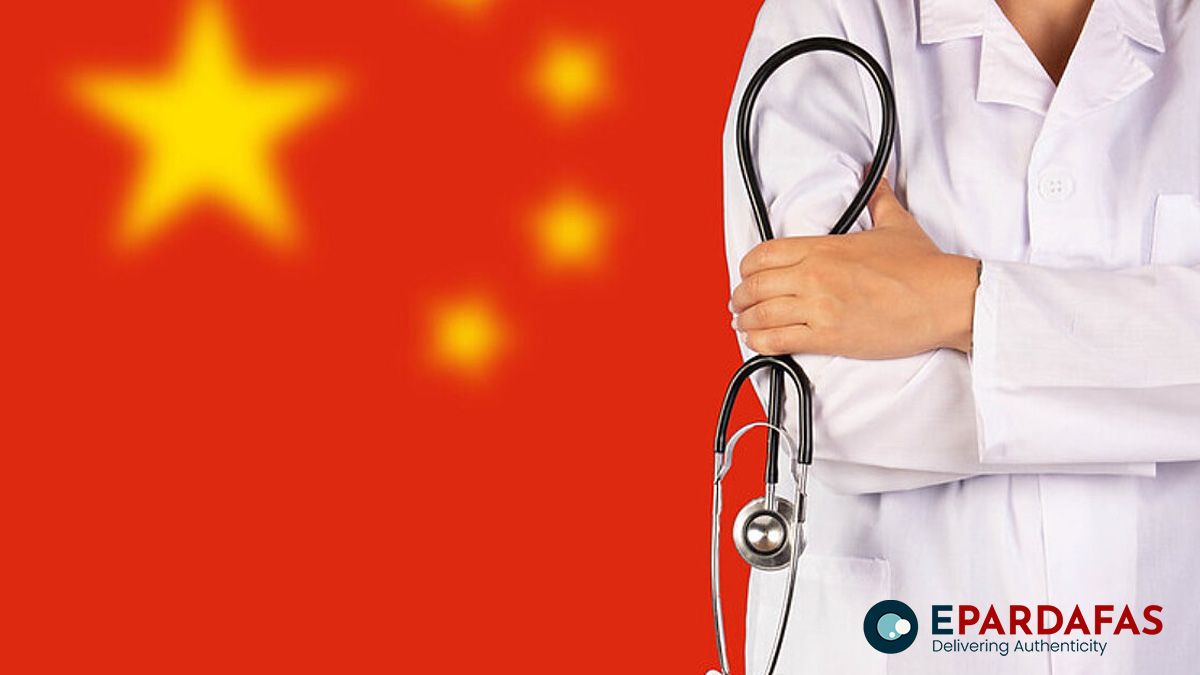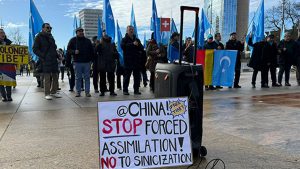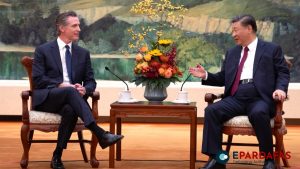
China Urges Increased Vigilance as Respiratory Illnesses Surge in Winter After COVID-19 Easing

China’s Ministry of Health issued a call to action on Sunday, urging local authorities to bolster their healthcare infrastructure, specifically by increasing the number of fever clinics. This move comes in response to a notable uptick in respiratory illnesses across the country during its first full winter since easing COVID-19 restrictions.
The global significance of this surge came into focus last week when the World Health Organization (WHO) sought additional information from China. The request was prompted by a report from the Program for Monitoring Emerging Diseases, highlighting clusters of undiagnosed pneumonia in children.
China, as well as the WHO, has faced questions regarding the transparency of reporting, particularly in the early stages of the pandemic that originated in Wuhan in late 2019. Addressing concerns, the WHO stated on Friday that no new or unusual pathogens had been identified in the recent cases.
National Health Commission spokesperson Mi Feng, speaking at a news conference on Sunday, attributed the rise in acute respiratory illnesses to the simultaneous circulation of several pathogens, with influenza being the most prominent.
Mi emphasized the need to increase the number of relevant clinics and treatment areas, extend service hours, and ensure an ample supply of medications. He highlighted the importance of effective epidemic prevention and control in crowded places such as schools, childcare institutions, and nursing homes, advocating for measures to reduce the flow of people and visits.
Notably, cases among children have been disproportionately high in northern areas like Beijing and Liaoning province, leading to extended wait times in hospitals.
The State Council, China’s cabinet, issued a warning on Friday, predicting a peak in influenza during the winter and spring, while cautioning that mycoplasma pneumoniae infection would remain high in certain regions. The statement also underscored the risk of a resurgence in COVID-19 infections.
To address these concerns, the State Council urged all localities to enhance information reporting on infectious diseases, emphasizing the importance of timely and accurate data.
Last Thursday, the WHO suggested that data from China indicated a connection between the recent cases and the lifting of COVID-19 restrictions 11 months ago. The circulation of known pathogens, including mycoplasma pneumoniae, a common bacterial infection affecting children, was also identified as a contributing factor, with its prevalence noted since May.
- Nepal’s Exports Rise by 16.5% in Five Months Amid Trade Deficit
- Cabinet Decisions: DIGs Singh and Bohara Promoted; Key Policy Changes Approved
- High-Level Meeting Held to Address Nepal’s Anti-Money Laundering Challenges
- China Imposes Sanctions on Canadian Institutions and Individuals Over Uyghur and Tibet Issues












Comments